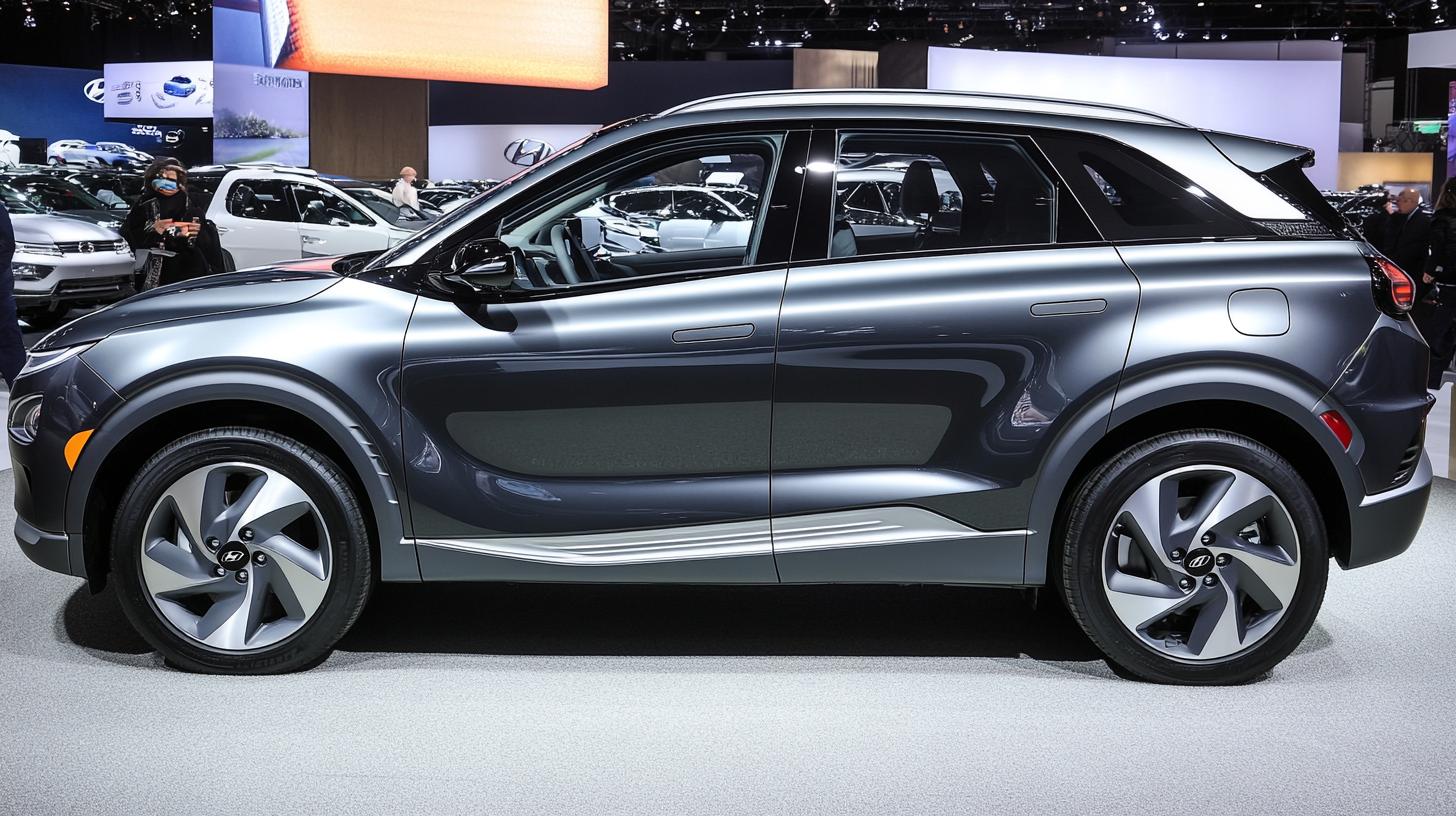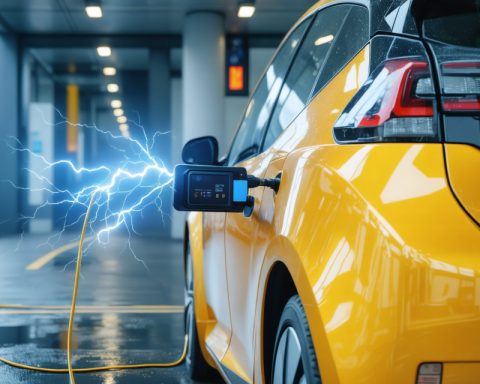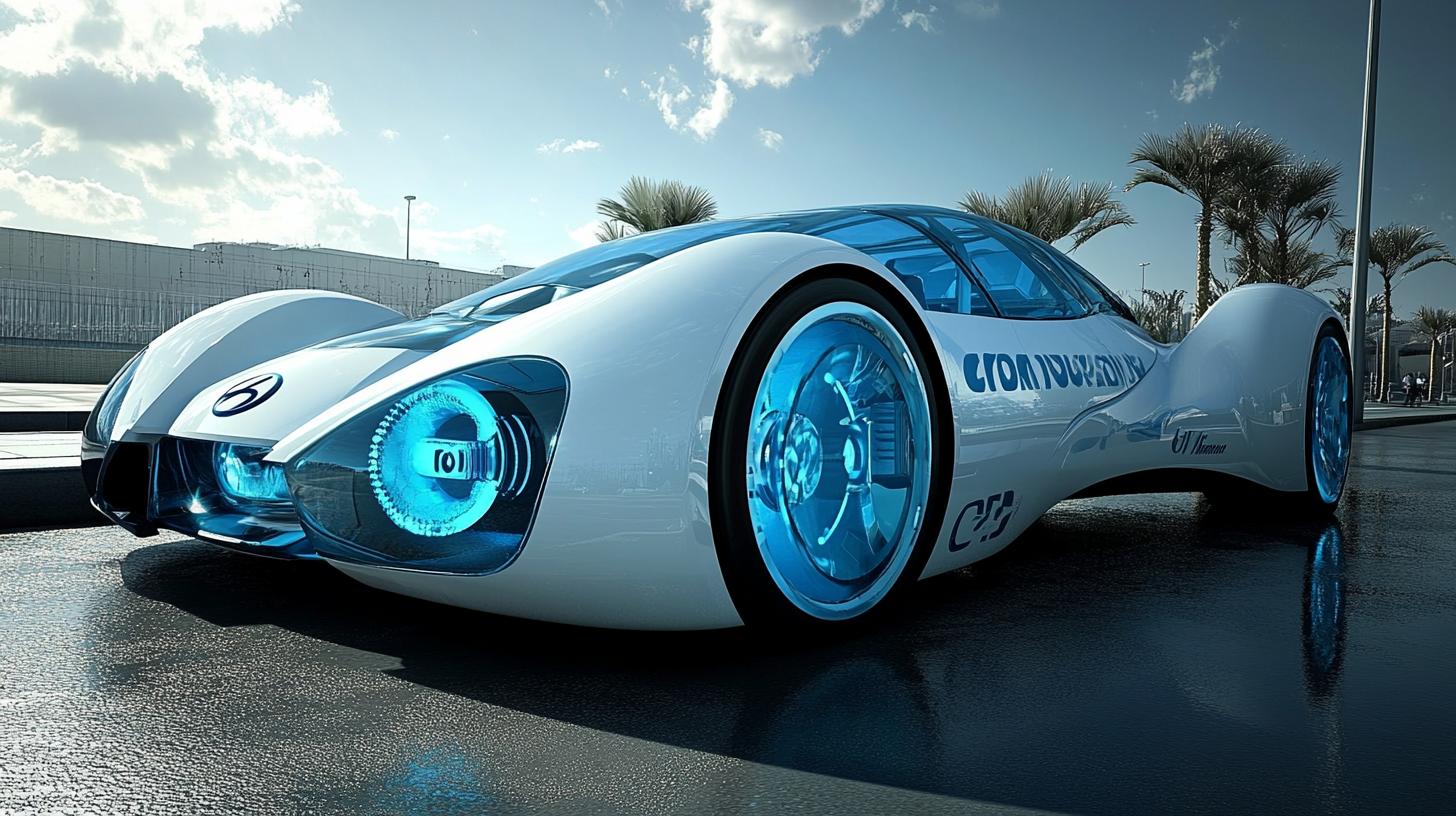DETROIT — Hyundai has announced a recall for its Nexo hydrogen-powered SUVs in response to a potential fire hazard. The recall affects around 1,600 vehicles manufactured between the years 2019 and 2024.
The core issue is linked to a faulty pressure relief device that may break, potentially leading to a hydrogen leak, thereby increasing the risk of a fire even when the vehicle is not in use. Despite this risk, Hyundai has reported no incidents of fires or injuries to date resulting from this defect. Nevertheless, the company strongly advises SUV owners to park their vehicles outdoors and away from any structures until the necessary repairs can be made.
Hyundai assures vehicle owners that they will be notified through a postal letter beginning December 10. To resolve the issue, the company plans to replace the faulty pressure relief devices at no cost to the owners. Meanwhile, drivers are informed that their vehicles remain drivable, but extra precaution should be observed when parking.
The company emphasizes the importance of adhering to the recall instructions to prevent potential hazards. This initiative reflects Hyundai’s commitment to ensuring the safety and reliability of its vehicles. Owners are urged to contact their nearest Hyundai dealership for further information and to schedule the required maintenance.
This precautionary recall is part of a broader trend in the automotive industry, focusing on addressing safety concerns promptly to protect consumers.
The Impact of Automotive Recalls on Society: A Closer Look
Automotive recalls, like Hyundai’s recent recall of its Nexo hydrogen-powered SUVs, serve as a critical reminder of the complexities involved in ensuring vehicle safety. They not only affect the car owners but also have broader implications for communities and the automotive industry as a whole.
Impact on Vehicle Owners
For vehicle owners, a recall can be both an inconvenience and a cause for concern. While Hyundai has taken steps to notify Nexo owners and remedy the situation without charge, the disruption of daily routines and the potential risk associated with driving potentially faulty vehicles cannot be overlooked. Recalls can necessitate additional planning around vehicle usage and repair scheduling, requiring effort and coordination on the part of the consumer. This can be a significant burden for those dependent on their vehicles for work and other essential activities.
Community and Environmental Concerns
In the case of the Nexo SUVs, there is an added layer of concern due to the hydrogen fuel technology. Although hydrogen vehicles are praised for their reduced environmental impact compared to traditional gasoline vehicles, the potential hazards associated with hydrogen leaks raise questions about safety standards and emergency preparedness in communities. Local emergency services, for instance, may need additional training and resources to effectively respond to potential incidents involving hydrogen-powered vehicles.
Economic Implications for the Automotive Industry
At the industry level, recalls can be financially costly for manufacturers. They also potentially damage the reputation of the brand, impacting consumer trust and sales. The broader implications include accelerated innovation, as companies must adapt quickly to address safety issues while ensuring the reliability of new technologies. This can lead to increased investment in research and development, as well as improvements in quality control practices.
Legal and Regulatory Framework
The regulatory environment plays a crucial role in managing recalls. In many countries, automotive manufacturers must adhere to stringent standards and procedures dictated by national safety authorities, such as the United States’ National Highway Traffic Safety Administration (NHTSA). These regulations ensure that recalls are conducted in a timely and effective manner but may also pose challenges in terms of compliance and administrative overhead.
Controversies Surrounding Recalls
Recalls can also spark controversy. Some critics argue that automakers are often too slow to respond to known defects, placing profit over consumer safety. Others claim that the regulatory processes themselves can be cumbersome and may delay necessary actions. The balance between due diligence in addressing defects and the potential fallout from publicizing recalls remains a contentious issue.
In conclusion, automotive recalls like Hyundai’s not only aim to protect consumers but also exemplify the ongoing challenges faced by the industry in a rapidly changing technological landscape. As new vehicle technologies continue to emerge, the importance of robust safety protocols and responsive recall systems will only grow, further shaping the experiences of individuals, communities, and the industry at large.
For more information on automotive safety standards and consumer rights, visit NHTSA or SaferCar.gov.













